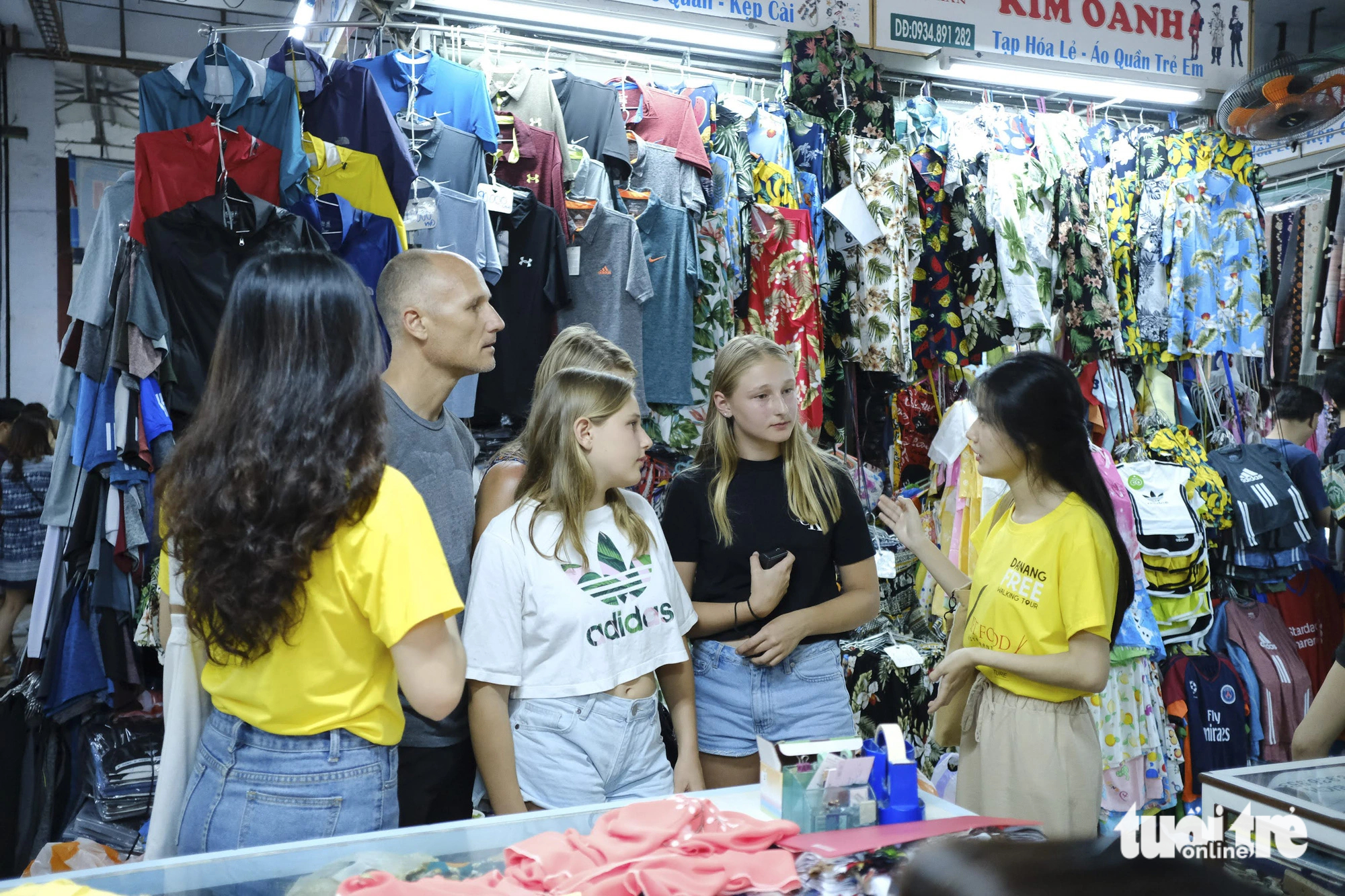A significant number of vendors and service providers in Vietnam are adopting overpricing practices, potentially leading to an erosion of their integrity and self-esteem, according to Professor Truong Nguyen Thanh.
Overpricing refers to setting the price of a product or a service extremely higher than its initial perceived value.
The issue was a primary focus in his recent Facebook post, which garnered thousands of mixed reactions from netizens.
In the post, Thanh shared instances of him being overcharged in Vietnam.
He disclosed that he became acquainted with overpricing and learned certain psychological tricks to secure good bargains during his adolescence in Vietnam.
At the time, he worked as a cigarette peddler and a plowman but he never fleeced his customers, with many of them praising his truthfulness at work.
The professor added that he no longer bargained when shopping for something after more than 40 years of living in the U.S..
Lately, he went to a wet market in Vietnam early in the morning to buy some fresh root vegetables as each visit to the traditional market reminded him of his time living in Saigon, the former name of Ho Chi Minh City.
Thanh stopped by a fruit and vegetable market stall where a female vendor offered one kilogram of carrots at VND35,000 (US$1.4).
As soon as he was about to walk away since he recollected that carrots at a supermarket he visited a few days earlier were quoted at around VND25,000 ($1) per kilogram only, he noticed some cauliflowers at the stall and asked for the price.
When the vendor replied that the cauliflowers sold for VND25,000 per kilogram, Thanh thought that she was apparently offering a more reasonable price and decided to buy the greens.
On the following day, he came by another stall at the same market, where another female vendor sold her carrots at VND15,000 ($0.6) per kilogram.
The pricing practice adopted by the first vendor seemed to drive shoppers like Thanh away. He vowed never to visit her stall again.
He also recounted his bad salon experience in his neighborhood a few months ago.
One day, he entered a barbershop run by an old man, with no customers inside.
After having his hair cut, Thanh was asked to pay VND120,000 ($4.8) for the service, while a nearby shop had previously charged him only VND50,000 ($2) for a haircut.
Thanh, once again, declared he would never visit the shop of the old man again and did not want to greet this barber every time he walked by the venue.
He elaborated that a few dozen Vietnamese dong was not a big deal for him, but he felt like he had been fleeced and would not trust them an inch after experiencing their ways of doing business.
The professor cited another rip-off case that went viral on social media and was widely covered by local media, including the news site VnExpress, late last year.
In the case, a Japanese man who has lived in Vietnam for around six years went to the iconic Ben Thanh Market in downtown Ho Chi Minh City, where he was offered three pairs of socks at VND700,000 ($28).
After several attempts to bargain with the stall owner, the Japanese visitor declined to buy the socks and left, even though the vendor finally brought the price down to VND60,000 ($2.4).
Commenting on this case, Thanh guessed that the Japanese mistrusted the vendor and could buy nothing from her stall again.
Thanh mentioned a high possibility of international visitors like this Japanese man opting not to return to Vietnam.
If he was a foreign tourist who was ripped off during his stay in Vietnam, he would rather travel to other countries, Thanh said.
The professor came to the conclusion that the overpricing practice by certain Vietnamese vendors may teach people to tell lies, become dishonest, and have low self-esteem, while self-esteem is one of the core values that can help build a civilized community.
Born in 1962, Thanh earned his PhD in computational chemistry from the University of Minnesota in 1990.
He taught at the University of Utah between 1992 and 2002, and served as president of Ho Chi Minh City’s Institute for Computational Science and Technology from November 2007 until June 2017.
In January 2017, Thanh was appointed vice-president of Hoa Sen University in Ho Chi Minh City.
Like us on Facebook or follow us on Twitter to get the latest news about Vietnam!






















































